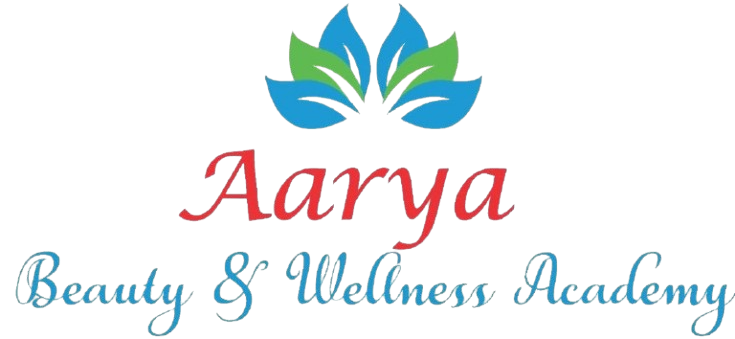Massage Therapy Courses
Massage therapy is more than just a relaxing spa treatment—it’s a powerful tool for healing, stress relief, and overall wellness. Whether you’re looking to start a career in this growing field or simply want to expand your skill set, taking a course in massage therapy can open doors to a rewarding and hands-on profession. In this blog, we’ll dive into what massage therapy courses entail, why they’re worth considering, and how to choose the right one for you.
Why Massage Therapy?
The demand for skilled massage therapists is on the rise. People are increasingly turning to holistic and non-invasive methods to manage pain, recover from injuries, and improve their mental health. According to industry trends, the massage therapy field is expected to grow steadily as more individuals seek alternatives to traditional medicine. Plus, it’s a career that offers flexibility—whether you want to work in a spa, start your own practice, or even travel as a mobile therapist.

But before you can knead away someone’s tension, you’ll need proper training. That’s where massage therapy courses come in.
What to Expect from a Massage Therapy Course
Massage therapy courses vary widely depending on your goals, location, and the level of expertise you’re aiming for. Here’s a breakdown of what most programs cover:
Anatomy and Physiology
You can’t massage what you don’t understand! A solid foundation in the human body—muscles, joints, and systems—is essential. Courses typically teach you how to identify key muscle groups and understand how they function, so you can target them effectively.
Techniques and Modalities
From Swedish massage (the classic relaxation style) to deep tissue, sports massage, or even specialized methods like Thai or Shiatsu, you’ll learn a variety of techniques. Most beginner courses start with the basics and let you build from there.
Hands-On Practice
Theory is great, but massage therapy is all about the hands-on experience. Expect plenty of practical sessions where you’ll work with classmates or models to refine your skills under the guidance of experienced instructors.
Ethics and Professionalism
Working closely with clients requires trust and boundaries. Courses often include training on client communication, confidentiality, and maintaining a professional environment.
Business Skills (Optional)
If you’re dreaming of running your own practice, some programs offer modules on marketing, bookkeeping, and client management—key skills for turning your passion into a thriving business.
Types of Courses
Massage therapy training comes in all shapes and sizes. Here are the main options:
Certificate Programs: These are short-term courses (often 100-500 hours) designed to get you started. They’re perfect for beginners or those looking to test the waters.
Diploma Programs: More comprehensive (typically 1-2 years), these dive deeper into advanced techniques and may prepare you for licensure, depending on your region.
Workshops and Specializations: Already a therapist? You can take shorter courses to learn niche skills like prenatal massage, aromatherapy, or reflexology.
Online vs. In-Person: While hands-on practice requires in-person training, many programs now offer hybrid options where you can study theory online and attend practical sessions locally.
How to Choose the Right Course
With so many options, picking the right course can feel overwhelming. Here are some tips to guide you:

Accreditation: Ensure the program is recognized by a reputable body (like the National Certification Board for Therapeutic Massage & Bodywork in the U.S.) if you plan to get licensed.
Location and Schedule: Look for something that fits your life—whether it’s a local school or a part-time evening course.
Cost: Prices vary widely, from a few hundred dollars for a basic workshop to several thousand for a full diploma. Check for financial aid or payment plans if needed.
Instructor Expertise: Research the teachers. Experienced therapists with real-world knowledge can make all the difference.
Career Goals: Want to work in a medical setting? Look for courses with a clinical focus. Prefer a spa vibe? Focus on relaxation techniques.
The Rewards of Learning Massage Therapy
Beyond the technical skills, massage therapy courses offer personal growth. You’ll gain confidence in your ability to help others, develop a deeper understanding of the body, and maybe even find a little zen along the way. Many students say the journey of learning to heal through touch is as transformative for them as it is for their future clients. spa institute in delhi
Getting Started
Ready to take the plunge? Start by researching programs in your area or online. Look for reviews from past students, reach out to schools with questions, and see if you can attend an open house or trial class. Some places even offer introductory workshops to give you a taste before committing.
Massage therapy is a craft that blends science, art, and compassion. Whether you’re in it for a career change, a side hustle, or just to help your friends and family feel better, a course in massage therapy could be your first step toward a fulfilling path. So, why not roll up your sleeves and get started? Your hands—and your future clients—will thank you.
Let me know if you’d like me to tweak this further or add anything specific!

